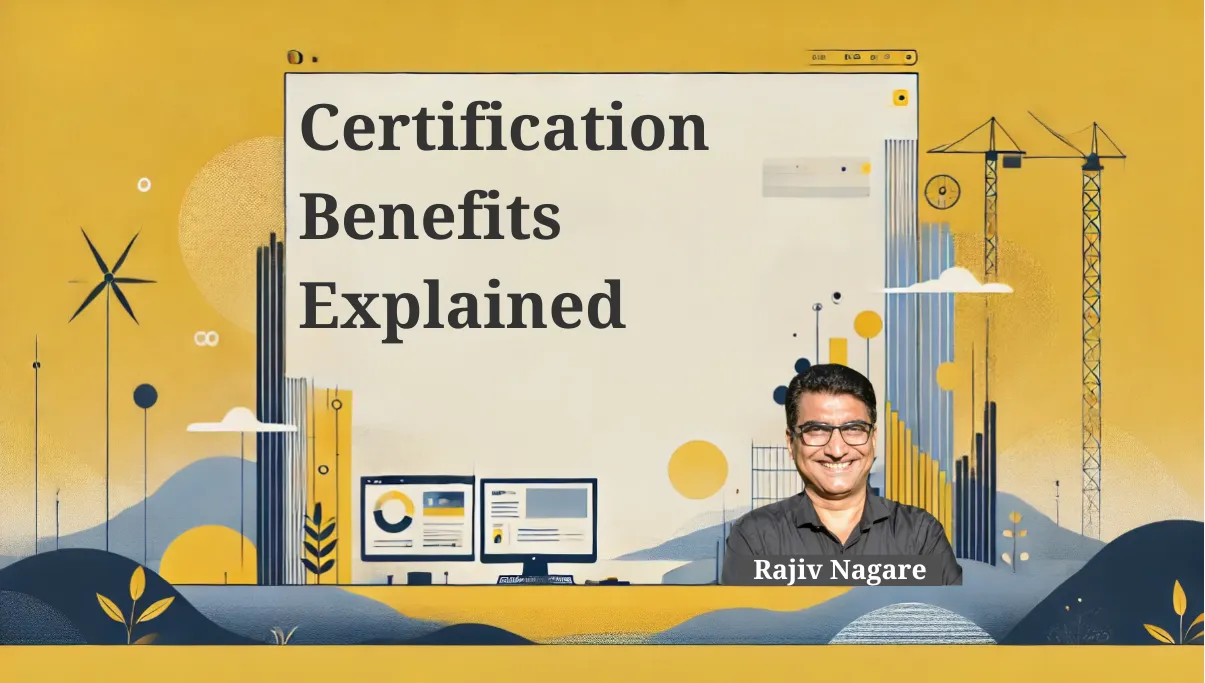What Extra Skills Should I Learn Along with My Online Degree to Increase My Eligibility for Better Roles?
In today’s competitive job market, earning an online degree is a significant milestone. However, to stand out and secure top roles, you must supplement your education with additional skills. Employers increasingly seek candidates who bring more to the table—soft skills, technical expertise, and adaptability. This guide will help you discover the essential skills that can elevate your career prospects while staying aligned with your professional aspirations.

The Role of Soft Skills in Career Growth
Communication Skills
Exceptional communication is the backbone of every professional role. Whether it's conveying ideas clearly, presenting solutions, or collaborating effectively, polished verbal and written communication set you apart. Hone these skills through public speaking workshops, business writing courses, or active participation in discussions.
Time Management and Organization
Balancing an online degree with personal and professional responsibilities teaches you discipline. Strengthen this by mastering productivity tools like Trello and Notion. Structured organization and time management ensure that deadlines are met, making you a reliable team member.
Leadership and Team Collaboration
Modern workplaces value individuals who can lead with empathy and work harmoniously within diverse teams. Take initiative in group projects or online study groups to demonstrate leadership. Focus on developing active listening and decision-making abilities to further enhance your profile.
Technical Skills for Career Relevance
Data Analysis and Visualization
Data literacy is a critical skill across industries. From understanding trends to making informed decisions, proficiency in tools like Excel, Tableau, or Python gives you a competitive edge. Start small with free resources and gradually delve into advanced analytics.
Coding and Programming
Even non-technical roles now require basic coding knowledge. Learning languages like Python or JavaScript enhances your problem-solving ability and positions you for hybrid roles. Platforms like Codecademy or freeCodeCamp are excellent for beginners.
Digital Marketing Expertise
Digital marketing has grown exponentially in importance. Whether you’re in business, healthcare, or technology, understanding SEO, social media strategy, and content marketing widens your opportunities. Certifications from Google Analytics or HubSpot are widely recognized and valued.
Industry-Specific Skills to Gain a Competitive Edge
For Healthcare Professionals
Healthcare professionals can benefit from skills like telemedicine proficiency or medical coding. Understanding electronic health record (EHR) systems also improves your employability as digital healthcare solutions continue to grow.
For Business and Management Students
Project management certifications like PMP or Agile methodologies are highly sought after. Additionally, financial modeling and forecasting skills are indispensable for aspiring executives and analysts.
For Creative and Design Professionals
Master tools like Adobe Creative Suite or Canva to stay ahead in creative roles. Learning UX/UI basics adds versatility to your portfolio, enabling you to explore opportunities in design-centric fields.
The Importance of Digital Literacy
Proficiency in Office Tools
Advanced knowledge of Office tools like Excel and Google Workspace can significantly enhance productivity. From managing data to collaborating on documents, these are foundational skills for any career.
Cybersecurity Awareness
Understanding the basics of cybersecurity ensures you handle sensitive information responsibly. It’s a skill that not only protects your work but also showcases your adaptability to digital challenges.
Remote Collaboration Tools
The rise of hybrid work environments makes proficiency in tools like Slack, Zoom, and Asana essential. Mastering these ensures seamless collaboration in remote and in-office settings.
Certifications and Professional Development
Leveraging Online Learning Platforms
Platforms like Coursera, edX, and Udemy offer courses that complement your degree. Explore certifications that align with your industry and personal interests. These platforms also allow you to pace your learning, making it manageable alongside your degree program.
Practical Experience Through Internships
Internships provide hands-on exposure to your field of study. Many online portals offer remote internship opportunities, enabling you to apply theoretical knowledge to real-world challenges while building an impressive resume.
The Art of Networking
Building a professional network opens doors to opportunities and mentorship. Engage with industry leaders on platforms like LinkedIn, attend webinars, and participate in online forums. Networking not only aids job searches but also provides valuable insights into industry trends.
Developing Emotional Intelligence and a Growth Mindset
Emotional Intelligence (EQ)
Emotional intelligence plays a crucial role in workplace dynamics. It helps you understand team dynamics, manage conflicts, and create a positive work environment. Activities like mindfulness practice or self-assessment tools can improve your EQ.
The Growth Mindset Approach
Success in today’s world requires embracing a mindset of continuous learning. Be open to new ideas, adapt to changes, and tackle challenges with optimism. Drawing inspiration from professionals who paired education with relevant skills can motivate you to take similar steps.
Identifying the Right Skills for Your Career Path
Evaluate Industry Trends
Conduct research to understand the latest trends and in-demand skills in your industry. This ensures that your efforts align with what employers seek.
Self-Assessment Tools
Utilize tools like SWOT analysis to identify your strengths, weaknesses, opportunities, and threats. This clarity helps you focus on areas that require improvement while leveraging your natural talents.
Aligning Skills with Goals
Your skill acquisition should complement both your career aspirations and personal values. Prioritize learning that resonates with your passion and aligns with your professional journey.
Your online degree provides a solid foundation, but adding extra skills makes you a well-rounded candidate ready to excel in your chosen field. Whether it’s mastering technical tools, enhancing soft skills, or gaining certifications, every effort contributes to your career growth.
Take the first step today by evaluating your compatibility with the profession you’ve chosen. Discover in just 45 minutes how aligned you are with your goals by clicking the link below:
FAQs
1. What are the most in-demand skills employers are looking for in 2024?
Data analysis, digital marketing, coding, and project management are among the top skills.
2. How can I balance learning extra skills with my online degree program?
Start small, prioritize manageable goals, and utilize flexible learning platforms like Udemy or Coursera.
3. Are free online resources sufficient to gain new skills?
Yes, free resources like YouTube tutorials, Khan Academy, and freeCodeCamp offer excellent starting points.
4. Which certifications hold the most value across industries?
Certifications in project management, digital marketing, and data analysis are highly valued across sectors.
5. How can I showcase these skills effectively on my resume?
Highlight certifications, internships, and practical projects under specific sections or create a dedicated "Skills" section.
By enhancing your skill set today, you’re investing in a future of fulfilling and rewarding professional opportunities. Take charge of your journey—start building your expertise now!















